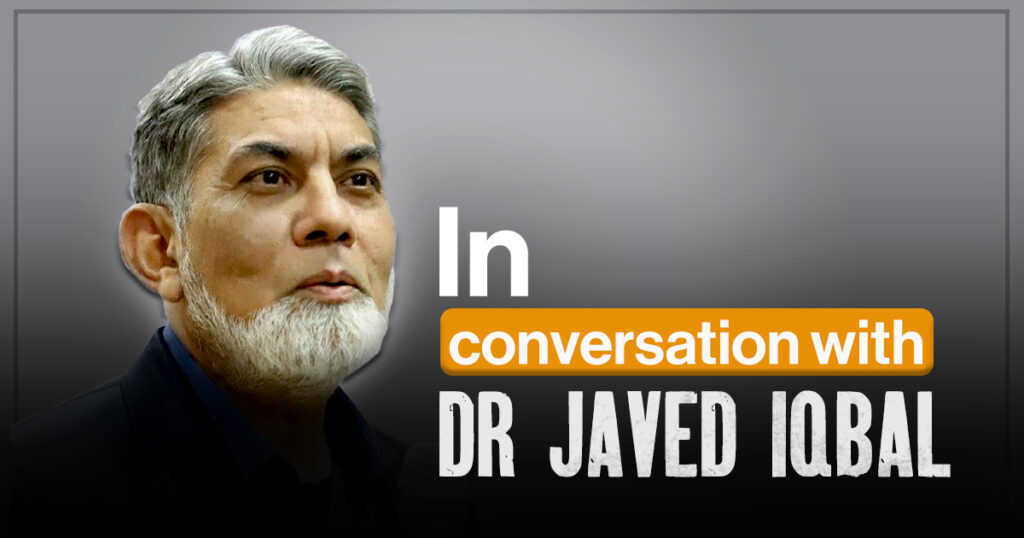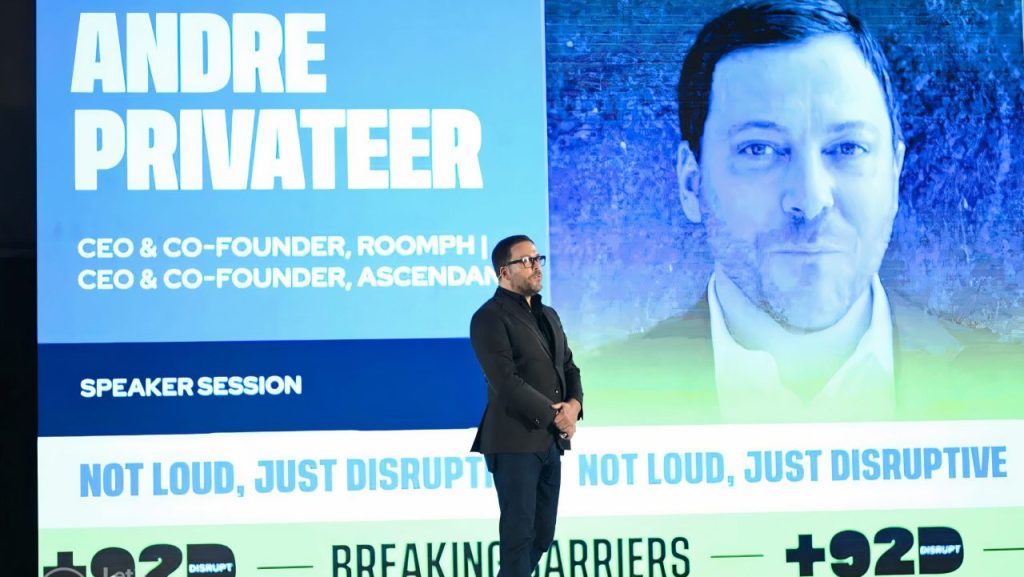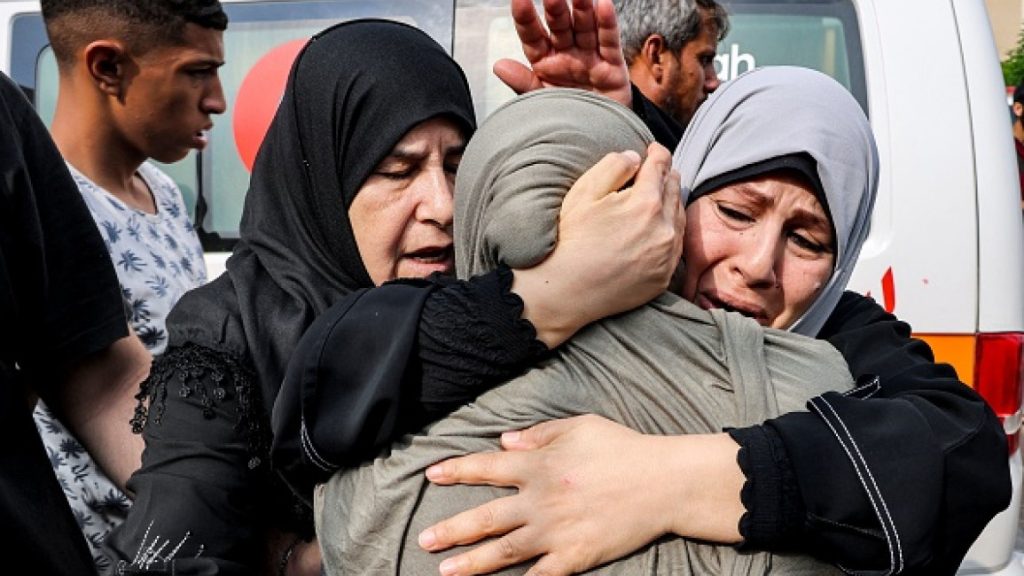Q1: You have a huge social media following. How did it occur to you to use social media to educate the masses?
I have been involved in my profession, teaching and training, for a very long time. I was an undergraduate and a postgraduate teacher of Surgery after doing my Masters in Medical Education, I was teaching Cognitive Psychology and other skills related to teaching and learning all over the country. I am also an official mentor of the Royal College of Surgeons of Glasgow, where I myself received mentorship in the past.
I used to travel to different institutions and teach there and I used to conduct workshops through the College of Physicians and Surgeons.
The turning point occurred when I became the principal of Quaid-e-Azam Medical College. The IT department of the college used to cover my activities with the faculty and my students. One of my nephews made a YouTube channel and he uploaded the video content online; the videos just clicked with the audience.
I remember there was one video of my one-hour lecture to an undergraduate class, titled ‘Learning how to Learn’, the video went viral and my subscriber base jumped up from a few hundred to thirty thousand. It was all luck, when something has to happen, it will happen.
When my subscriber base went up to 100,000 followers, I thought it’s time to do this in a professional manner, so I gathered a team as it was impossible for me to run it alone. Once the team felt that the channel has been successful, they decided to launch a Facebook page as well and upload all the activities there as well.
It has only been one year and we are about to reach 1 million subscribers and with the success of the channel, many different organizations started to contact me, so I conduct workshops for them and upload the sessions on YouTube.
Q2: What are your views on the present-day ‘digital’ lifestyle of our youth? Do you think this will harm them in the long run?
You cannot stop the wheel of life; it has to move. This is the time of a digital world, and you can’t stop it. The important thing is that we use it in an intelligent way.
I remember when I was young, there were libraries called ‘Aana Libraries’ (1/16th of a Rupee). People would complain that children are wasting their money by spending one ‘aana’ on a book. Imagine, wasting your time and money on reading a book! That was the thought process at that time.
In every era there are things that people think are new and will destroy the younger generation, same is the case with the digital era. What people fail to realize is the potential of this era. The only thing is to use the technology intelligently.
As the times are changing, we need to modify our curriculum and modify our parenting techniques so that we teach the children how to get the best out of the digital environment. Coping skills, emotional well-being and intellectual clarity about this have to be developed in the society.
Q3: One of your recent videos talks about the ‘artificial’ life that we’ve become accustomed to. Tell us about that and the ways we can cope with it.
We are physical beings, along with having an intellectual being, spiritual being and emotional being. Our physicality, which is our body, operates just like a machine. It follows the principles of physics and chemistry, and if it is not in alignment with nature then the potential of this physicality cannot be utilized to its maximum.
The most important aspect of our physicality is how we eat, then how we maintain our body through exercise, then how comfortably we sleep and finally the level of stress your body is under.
We are meant to eat organic food, not what is made in factories or artificially made – organic foods make the body function in a healthy way. Our body is just using more energy to consume artificial food and hence it affects our physicality. This does not only make the body less effective but also makes it more prone to diseases. This is only one aspect of it.
Our lifestyle has to be as close to the nature, as organic, as simple as possible because we are not only affecting ourselves, but we are also affecting the society, the environment the whole ecology through our actions.
Q4: You also give very helpful counseling to struggling individuals and families. Where did that expertise come from?
I am trained in a mentorship programme, I am not a professional counselor and don’t provide counseling to individuals. I have a trained counselor in my team who carries out the counseling for individuals and families.
I just touch the general topic; I don’t specifically dwell into the personal issues of the individual or families. What our team does is, we derive a common theme from all the e-mails and queries we receive from the struggling people and then I give a generalized lecture or talk. I am not a certified counselor and I don’t practice it at all.
Q5: Being a veteran in the field of medicine, how do you deal with superstitious people who are science skeptics, such as the so-called anti-vaxxers?
There are so many misconceptions about health issues and these are all deep-rooted in the society. Medicinal practices in this country have been carried out in a lot of different ways, e.g homeopathy, religious treatments. One thing I would like to make clear is that our medical field is still not perfect, there are lot of areas where there is a deficiency in our understanding of allopathic medicine, so we must try to find the reason for that and try to find alternate ways, the alternate ways must also be scientific-based of course.
As the level of understanding and awareness increases in the society, these types of misconceptions will be eradicated. I have a very strong opinion that one of the most neglected areas in our field is the prevention of diseases. For example, we spend so much money on the management of trauma, if we spend one-third of that on road safety awareness a lot of such cases can be managed properly.
Similarly, providing clean drinking water and proper sewage infrastructure can help in saving money spent on curative medicines. The bottom-line is, we have to educate the people, education is key.
Q6: What are the most shocking misconceptions that you have come across about the novel coronavirus?
The biggest misconception or misunderstanding about Covid-19 is that it does not exist at all. I remember when I uploaded my first video on YouTube regarding coronavirus, there were hundreds of comments that said that Dr. Javed Iqbal has been trapped in this international conspiracy. While some comments were vile and crude as well.
I have no way of denying this misconception but I as a Doctor can only confirm that this disease does exist. It is a very dangerous disease that has taken lives of millions of people around the world. If we are not careful about this it will further increase the mortality.
Second misconception is that if someone has to contract this disease, they will contract it no matter what. This is scientifically wrong. If we take simple precautions we can be safe from this deadly disease.
Q7: What are your recommendations for handling Covid-19 more effectively?
At the individual level it is to follow the SOPs, wear a mask, maintain safe social distance, wash your hands frequently, avoid touching your eyes, nose and mouth, avoid crowded places, travel as little as possible.
At a government or a higher level, we have to garner as much knowledge about the virus as possible. We have to know its mutation pattern and also work on the vaccines, and if they have already been produced, then their procurement is of the utmost importance.
Indigenous research is also required because you never know if such viruses have geographical variations and it is entirely possible that the strain in our country might be different to other countries. Small change in the DNA of the virus brings a massive change in the behavior of the virus.
Q8: What, in your view, are the biggest health and wellness challenges that Pakistan faces today besides Covid?
In my opinion one issue that is not only affecting our health issues but our whole social life is the population. We are not doing anything to control our population rate.
I remember when I was young there were many advertisements on billboards and newspapers about contraceptive equipment and contraceptive clinics, they could be found very easily. There were campaigns regarding them and that was a time when our population was half of what we have now, but now that our population is growing exponentially, we are making no efforts to control it.
If I am in a position of some authority, I will utilize the maximum resources available to me to spread awareness to the people. I would use the education resource and especially the religious resource.
Religious scholars should be an active part of such campaigns. I have done some research and I found out that Islam does not forbid us to use contraceptive measures to control population. A better word for this would be population planning, rather than population controlling.
If our population growth rate is decreased significantly, then our problems will automatically decrease significantly. This is the key area all of us need to focus on.
Then obviously, clean drinking water, sewerage infrastructure, hygienic living conditions and traffic awareness.
We have plenty of facilities to cure different types of patients, but if we put in a little effort to prevent the diseases then we can easily improve the health conditions in the country.
Q9: Tell us about your meeting with PM Imran Khan.
Meeting with Imran Khan is well-publicized in the media but I would like to tell you about what happened afterward. When I talked to Imran Khan and presented him with the short-term, medium-term and long-term plans, I was not convinced with his answer, I thought it was just a formality. But when the meeting ended a very senior member of his team took me to his office and told me that Prime Minister is interested to know more about the plans I presented. I am in touch with them now and am working on the plans.
This plan is a very simple way of training, teaching and grooming the nation some basic social etiquette. When these plans are implemented, I am sure it will affect the overall environment of our country.
I think the meeting was very fruitful and soon something will be put in motion.
Q10: Any special message for ProPakistani readers?
Most of us are good enough for our individual victories. Many of us have achieved brilliant individual victories in our professional lives, but the real victory is when the people around us are benefited through our hard-work.
So, all of us have to think nationally, in my heart I know we have to think globally, but at the very least we need to think about our nation. Our family should not be the only beneficiary of our hard-work, rather it should have a positive impact on others as well. This is called nobility.
So, all in all, my message will be to live a noble live. Thank you ProPakistani for the opportunity to spread my message across your audience.





Very thorough and motivating point of view , Well said Dr Javed Iqbal
Street 32 , F/6-1 seems still alive in our lives , Stay blessed Amen
Professor dr Javaid Iqbal is one of the best trainers
Mashallah very nice very lovely Alhumdulliah
Sir you are doing great job for Pakistan 🇵🇰 which needs people like you.
Allah app ko sahat Zindgy day Ameen.
Sir you went to see Prime Minister Imran Khan last time and you talk about some very special and serious things.
Can you advise us is that getting completed.